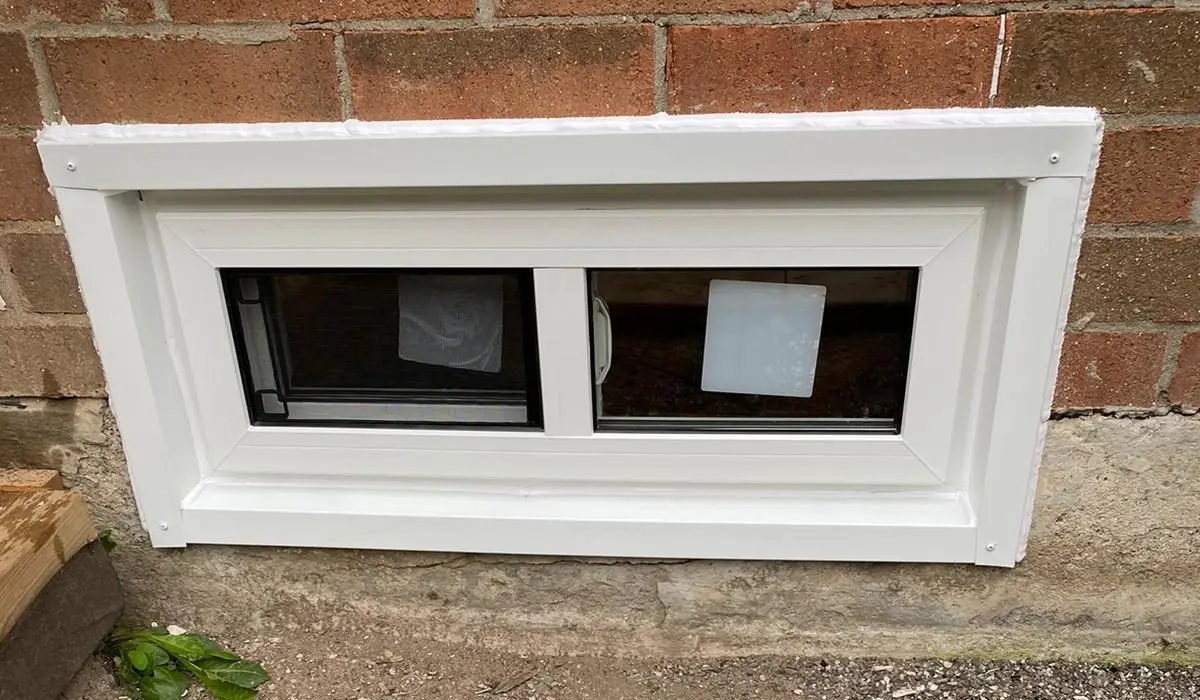

Articles
How Much Do Basement Windows Cost
Modified: February 24, 2024
Find out the average cost of basement windows installation in our comprehensive articles. Get expert insights and tips on selecting the right windows for your basement.
(Many of the links in this article redirect to a specific reviewed product. Your purchase of these products through affiliate links helps to generate commission for Storables.com, at no extra cost. Learn more)
Introduction
Basement windows not only provide natural light and ventilation to your underground space, but they also play a crucial role in safeguarding your home’s foundation. Whether you’re constructing a new basement or renovating an existing one, it’s important to carefully consider the cost of basement windows. Understanding the factors that affect their pricing and the different types available can help you make an informed decision and stay within your budget.
When it comes to basement window costs, several factors come into play. The size and style of the windows, the materials used, the number of windows needed, and the installation method can all influence the overall cost. Additionally, whether you require egress windows or non-egress windows will also impact the price.
In this article, we’ll explore the key factors that affect basement window costs, discuss the different types of windows available, and provide a cost range for both egress and non-egress windows. We’ll also outline additional costs to consider and offer some guidance on choosing the right basement windows for your space. Lastly, we’ll touch on the cost difference between DIY installation and professional installation to help you make the best decision for your project.
By the end of this article, you’ll have a comprehensive understanding of basement window costs, allowing you to plan and budget accordingly for your upcoming basement project.
Key Takeaways:
- Understanding the factors that influence basement window costs, such as size, style, materials, and egress requirements, is crucial for making informed decisions and staying within budget for your basement project.
- Balancing functionality, aesthetics, and budget considerations when choosing between DIY and professional installation can help create a welcoming and valuable basement space with well-designed, high-quality windows.
Read more: How Much Does A Walkout Basement Cost
Factors that Affect Basement Window Costs
There are several key factors that can influence the cost of basement windows. Understanding these factors can help you determine a budget and make informed decisions when choosing the right windows for your basement. Let’s explore the main factors below:
- Window Size: The size of the basement windows will directly impact the cost. Larger windows will generally be more expensive than smaller ones due to the increased material and labor required for installation.
- Window Style: The style of the windows can also affect their cost. Common styles include casement, sliding, hopper, and awning windows. Each style has its own unique pricing structure depending on factors such as design complexity and materials used.
- Materials: The choice of materials for the window frames and glass can significantly impact the cost. Common materials include vinyl, fiberglass, aluminum, and wood. Vinyl is generally the most affordable option, while wood tends to be the most expensive.
- Egress Requirements: If you’re installing egress windows in your basement, there may be specific requirements and codes that need to be met for safety purposes. Egress windows are larger and provide an emergency exit route, which can increase the cost compared to non-egress windows.
- Number of Windows: The number of windows needed will naturally affect the overall cost. The more windows you require, the higher the cost will be in terms of materials and labor.
- Installation Method: The method of installation can impact the cost as well. Retrofits, where windows are installed into existing openings, may be more affordable than full-frame installations, which involve removing and replacing the entire window structure.
- Additional Features: Additional features such as energy-efficient glass, window screens, and custom designs can also increase the cost of basement windows.
It’s important to consider these factors and their impact on the overall cost when planning your basement window project. By understanding your specific needs and budget, you can make informed decisions that align with your requirements.
Types of Basement Windows
When it comes to basement windows, there are several types to choose from, each with its own unique features and benefits. Understanding the different types can help you determine which style is best suited for your basement. Let’s explore some of the most common types of basement windows below:
- Egress Windows: Egress windows are designed to provide a safe exit in case of emergencies and to meet building codes and regulations. These windows are typically larger than traditional basement windows and must meet specific size requirements. Egress windows are essential in basement bedrooms and other living areas where people may be residing.
- Hopper Windows: Hopper windows are hinged at the bottom and open inward, allowing for ventilation while keeping out rain and debris. These windows are a popular choice for basements due to their space-saving design and ability to provide natural light and airflow.
- Slider Windows: Slider windows operate on a horizontal track and slide open from one side. They are easy to operate and provide excellent ventilation. Slider windows are a versatile option that works well in basements with limited vertical space.
- Casement Windows: Casement windows are hinged on one side and open outward like a door. They offer excellent ventilation and a wide, unobstructed view. Casement windows are ideal for basements where natural light and airflow are desired.
- Basement Hopper Windows: Basement hopper windows are similar to regular hopper windows but are specifically designed for basement applications. They are hinged at the bottom and open inward, ensuring a secure fit. These windows are energy-efficient and provide excellent insulation.
- Awning Windows: Awning windows are hinged at the top and open outward. They provide excellent ventilation even during light rain, as the opened sash acts as an awning, keeping rainwater out. Awning windows are a popular choice for basements that require both airflow and protection from the elements.
These are just a few of the many types of basement windows available. The choice of window type will depend on various factors such as your ventilation needs, space limitations, aesthetic preferences, and compliance with safety regulations. Consulting with a professional can help you determine the best type of basement window for your specific requirements.
Cost Range for Egress Windows
Egress windows are a crucial safety feature in basements, providing a safe exit in case of emergencies. The cost of egress windows can vary depending on several factors such as size, materials, installation method, and additional features. Let’s dive into the cost range for egress windows to help you plan your basement project:
The average cost range for egress windows, including materials and installation, is typically between $1,500 and $5,000 per window. However, it’s important to note that this is just a rough estimate, and prices can vary based on individual circumstances.
The size of the egress window is a significant factor in pricing. Larger windows will generally cost more due to the additional materials and labor involved. On average, expect to pay around $500 to $3,000 for the window itself.
The choice of materials also affects the cost. Common materials for egress windows include vinyl, fiberglass, aluminum, and wood. Vinyl windows are usually the most affordable option, ranging from $500 to $1,500, while wood windows tend to be the most expensive, with prices ranging from $1,000 to $3,000 or more.
The installation method can impact the cost as well. Retrofit installations, where the new egress window is added to an existing opening, may be more affordable than full-frame installations that involve removing and replacing the entire window structure. Expect to budget an additional $500 to $1,500 for professional installation, depending on the complexity of the project.
Keep in mind that additional features such as energy-efficient glass, window wells, covers, and grates can add to the overall cost. These features enhance security, insulation, and protection, but they come with additional expenses. Budget an extra $200 to $1,000 or more for these optional features.
It’s important to obtain multiple quotes from different contractors to get an accurate estimate for your specific egress window project. Factors such as regional pricing variations, customization options, and contractor expertise can all affect the final cost.
Investing in egress windows is not only essential for safety but also adds value to your home. Before making any decisions, carefully consider your budget and consult with professionals to ensure compliance with local building codes and regulations.
Cost Range for Non-Egress Basement Windows
Non-egress basement windows, also known as standard basement windows, are smaller windows that do not serve as emergency exits but still provide natural light and ventilation. The cost of non-egress windows can vary depending on factors such as size, materials, style, and installation method. Let’s explore the cost range for non-egress basement windows to help you plan your basement project:
The cost of non-egress basement windows can range from $200 to $1,500 per window, including materials and installation. However, it’s important to note that prices may vary based on individual circumstances and the specific requirements of your project.
The size of the window is a significant factor in determining its cost. Smaller windows, such as those with dimensions around 2 feet by 2 feet, tend to be more affordable, typically ranging from $200 to $400. However, larger and more custom-sized windows can cost anywhere from $500 to $1,500 or more.
The choice of materials plays a crucial role in the price of non-egress basement windows. Common materials include vinyl, fiberglass, aluminum, and wood. Vinyl windows are generally the most affordable option, with prices ranging from $200 to $800. Fiberglass and aluminum windows can range from $500 to $1,000, while wood windows tend to be the most expensive, with prices starting around $800 and potentially exceeding $1,500.
The style of the window also affects the cost. Different styles, such as casement, slider, hopper, or awning, can vary in price. The complexity of the design and the materials used will impact the total cost. You can expect to pay around $300 to $1,000 or more for non-egress basement windows, depending on the style.
Installation costs for non-egress windows will vary depending on factors such as the number of windows, the condition of the existing window openings, and the complexity of the installation process. It’s recommended to budget around $200 to $500 per window for professional installation.
Additional features such as energy-efficient glass, window grids, and screens can also add to the overall cost. While these features enhance the functionality and aesthetics of the windows, they come with additional expenses. Depending on the specific features desired, budget an extra $50 to $300 per window.
When determining the cost of non-egress basement windows, it’s essential to obtain multiple quotes from reputable contractors. This will help you get an accurate estimation based on your specific project requirements and regional pricing variations.
By considering your budget, style preferences, and desired features, you can choose non-egress basement windows that meet your needs and enhance the functionality and aesthetics of your basement space.
When considering the cost of basement windows, it’s important to factor in the size, material, and installation. On average, the cost can range from $200 to $1,000 per window, depending on these factors. It’s best to consult with a professional for an accurate estimate.
Read more: How Much Does It Cost To Drywall A Basement
Additional Costs to Consider
When planning your basement window project, it’s important to consider the additional costs that may arise. These extra expenses can impact your overall budget and should be taken into account during the planning phase. Here are some common additional costs to consider:
- Window Wells: Window wells are an essential component of basement windows, providing an exterior barrier around the window opening. They help prevent soil erosion, improve drainage, and allow natural light to enter the basement. The cost of window wells can range from $100 to $1,000 or more, depending on factors such as size, material, and customization options.
- Window Covers or Grates: Window covers or grates are installed over basement windows to protect them from weather elements, debris, and potential break-ins. They provide security and can enhance the aesthetic appeal of the windows. The cost of window covers or grates can vary depending on the material and design, ranging from $50 to $500 per window.
- Insulation and Sealing: Proper insulation and sealing around basement windows are crucial for energy efficiency and preventing drafts. Depending on the condition of your existing insulation and sealing, you may need to invest in additional materials and labor to ensure proper insulation. The cost for insulation and sealing can range from $100 to $500 or more, depending on the size and complexity of the project.
- Window Treatment: Consider the cost of window treatments such as blinds, curtains, or window film to add privacy and enhance the overall aesthetics of your basement windows. Prices for window treatments can vary widely depending on the material, size, and customization options. Budget anywhere from $50 to $500 or more, depending on your preferences and the number of windows.
- Permits and Inspections: Depending on your local building codes, you may need to acquire permits and undergo inspections for any modifications or additions to your basement windows. The cost of permits and inspections can vary depending on your location, ranging from $100 to $500 or more.
It’s important to budget for these additional costs to avoid any surprises or unforeseen expenses during your basement window project. Consulting with professionals and obtaining multiple quotes can help you get a more accurate estimate for your specific requirements and ensure that all necessary costs are considered.
By accounting for these additional expenses, you can plan your budget effectively and create a beautiful and functional basement with well-designed and properly installed windows.
Factors to Consider when Choosing Basement Windows
Choosing the right basement windows is essential for creating a functional and inviting space. There are several factors to consider when selecting basement windows, each of which can greatly impact the overall performance and aesthetic of your basement. Here are some key factors to keep in mind during the decision-making process:
- Functionality: Consider how you plan to use your basement and what functions the windows need to serve. Do you want ample natural light, ventilation, or both? Understanding your specific requirements will help determine the appropriate window style and features.
- Egress Requirements: If you’re planning to use the basement as a living space or bedroom, it may be necessary to install egress windows. Familiarize yourself with the local building codes and regulations regarding egress windows to ensure compliance and safety.
- Light and Ventilation: Evaluate the amount of natural light and airflow you desire in your basement. Consider window styles and sizes that can optimize both light penetration and ventilation while being mindful of privacy needs.
- Energy Efficiency: Basements are known for being cooler than the rest of the house, so choosing energy-efficient windows can help improve insulation and reduce heating and cooling costs. Look for windows with low U-factor and high R-value to maximize energy efficiency.
- Materials: The choice of window materials can impact the aesthetics, durability, and maintenance requirements. Common options include vinyl, fiberglass, aluminum, and wood. Consider factors such as durability, moisture resistance, and overall aesthetic appeal when selecting materials.
- Noise Control: If your basement is located in a noisy area or near a busy street, consider windows with soundproofing features to minimize outside noise and create a more peaceful environment.
- Aesthetics: Basement windows can significantly contribute to the overall aesthetics of your basement. Choose a window style, color, and design that complements the interior and exterior of your home, adding beauty and value to your space.
- Budget: Establish a budget for your basement window project and ensure that your selection aligns with your financial limitations. Consider the cost of the windows, installation, and any additional features you desire.
- Professional Installation: While DIY installation is an option, it’s recommended to consult with professionals for proper installation and to ensure compliance with building codes. Professional installation can also save you time and provide peace of mind knowing the job is done correctly.
By carefully considering these factors, you can choose basement windows that meet your functional and aesthetic needs while staying within your budget. Remember to prioritize safety, energy efficiency, and your specific requirements to create a welcoming and comfortable basement space.
DIY vs. Professional Installation Costs
When it comes to installing basement windows, you have the option to either tackle the project yourself or hire professionals for the job. While DIY installation can save you money on labor costs, there are some key factors to consider when deciding between DIY and professional installation. Let’s explore the costs associated with each option:
DIY Installation:
DIY installation can be an appealing option for those who have experience with home improvement projects or are looking to save money on labor costs. By taking on the installation yourself, you can potentially reduce your overall expenses. However, there are some factors to consider:
- Knowledge and Skill: Installing basement windows requires a certain level of knowledge and skill. It’s important to assess your DIY abilities and determine if you have the necessary expertise to complete the project correctly and safely.
- Time and Effort: DIY installation may take longer than professional installation, particularly if you’re not familiar with the process. You’ll need to allocate time and effort to research, gather materials, and complete the installation, which may impact your overall timeline.
- Mistakes: Mistakes during DIY installation can result in costly repairs or compromised performance. Consider the potential risks and ensure you have a solid understanding of the installation process before proceeding.
Professional Installation:
Hiring professionals for basement window installation can provide peace of mind knowing that the job is done correctly and efficiently. Here are some factors to consider when deciding on professional installation:
- Expertise and Experience: Professional installers have the knowledge, skills, and experience necessary to complete the installation to industry standards. They are familiar with potential challenges and can provide expert advice and solutions.
- Time and Convenience: Professionals can complete the installation much faster than most homeowners, saving you time and effort. They have the necessary tools and equipment to handle the job efficiently.
- Warranty and Guarantee: Many professional installation services provide warranties or guarantees on their work, ensuring that any issues or defects will be addressed promptly and at no additional cost.
It’s important to note that the cost of professional installation will vary depending on factors such as the number of windows, complexity of the project, and regional pricing. On average, you can expect to pay between $200 and $500 per window for professional installation.
When considering DIY vs. professional installation, it’s crucial to weigh the costs, benefits, and your own skill level. If you have the necessary expertise and confidence, DIY installation can be a cost-effective option. However, if you lack experience or want the assurance of a professional finish, it’s worth investing in professional installation.
Ultimately, the decision should be based on your comfort level, available time, and budget constraints. Consulting with professionals for quotes and advice can help you make an informed decision that aligns with your specific needs and preferences.
Conclusion
Choosing the right basement windows is a crucial decision when it comes to creating a functional and appealing space. By understanding the factors that influence basement window costs and considering the various types available, you can make informed decisions that align with your budget and requirements.
Factors such as window size, style, materials, egress requirements, and installation method all impact the overall cost of basement windows. Additionally, additional costs such as window wells, covers, insulation, and permits should be taken into account when budgeting for your project.
When choosing basement windows, it’s important to consider the functionality, light, ventilation, energy efficiency, noise control, aesthetics, and your budget. Balancing these factors will ensure that you select the ideal windows for your specific needs and desires.
DIY installation can be an option for those with experience and the necessary skills, providing potential cost savings. However, professional installation offers expertise, time savings, and peace of mind, ensuring a proper and efficient installation.
In conclusion, investing in well-designed, high-quality basement windows can transform your basement into a welcoming and functional space while adding value to your home. Consider your specific requirements, budget, and available time when making decisions regarding the type and installation method for your basement windows.
By thoroughly researching your options, consulting with professionals, and considering the cost factors and your individual needs, you can confidently embark on your basement window project and enjoy the benefits of a beautiful and comfortable space.
Frequently Asked Questions about How Much Do Basement Windows Cost
Was this page helpful?
At Storables.com, we guarantee accurate and reliable information. Our content, validated by Expert Board Contributors, is crafted following stringent Editorial Policies. We're committed to providing you with well-researched, expert-backed insights for all your informational needs.
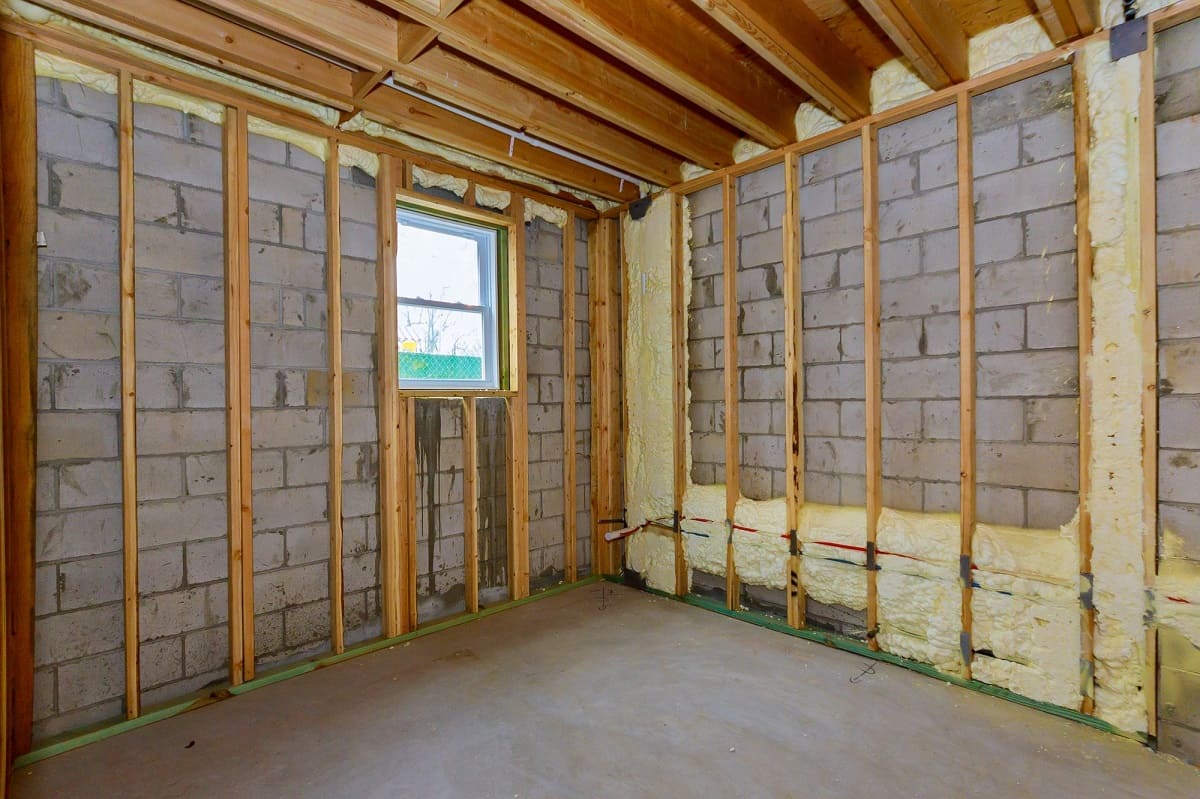
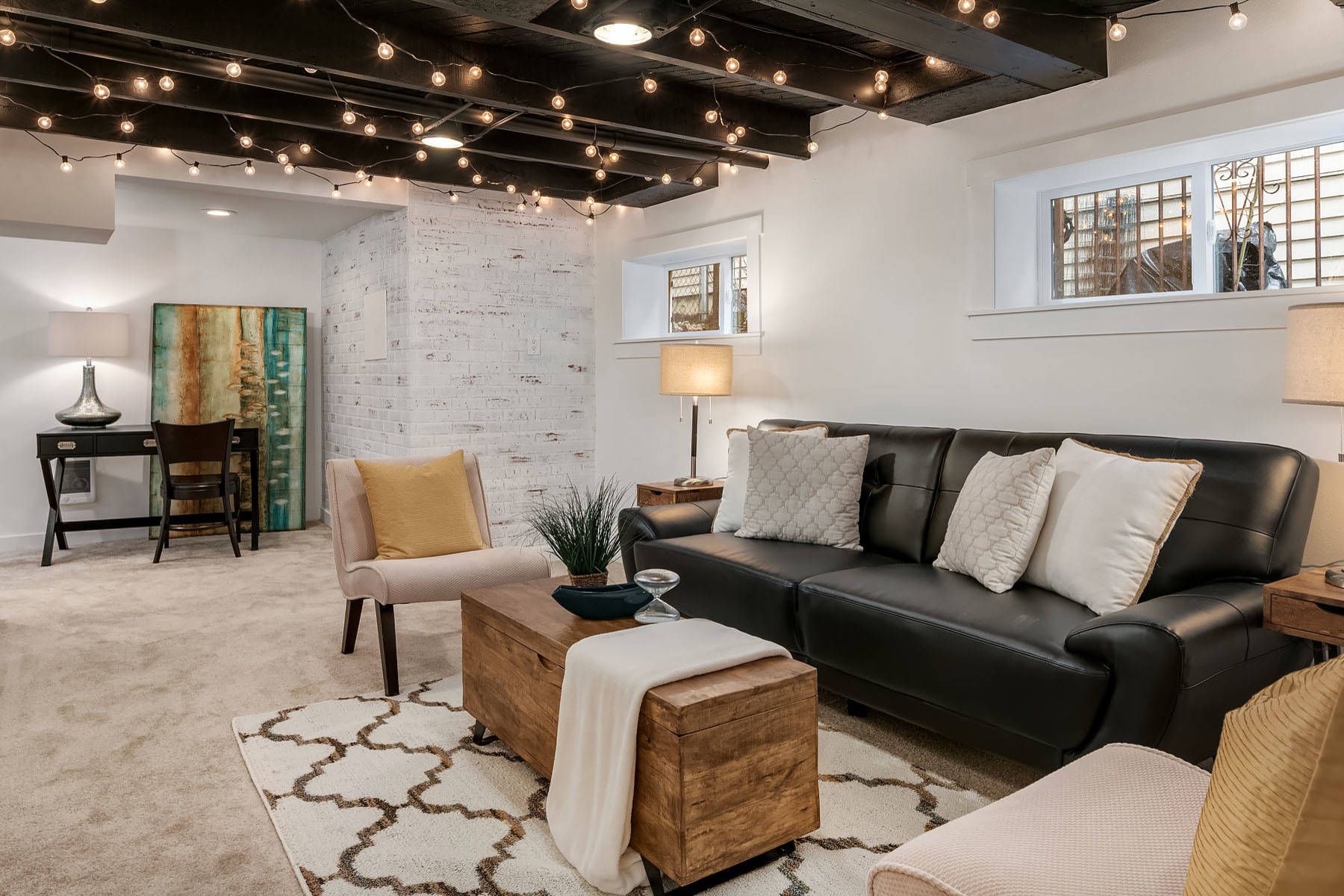
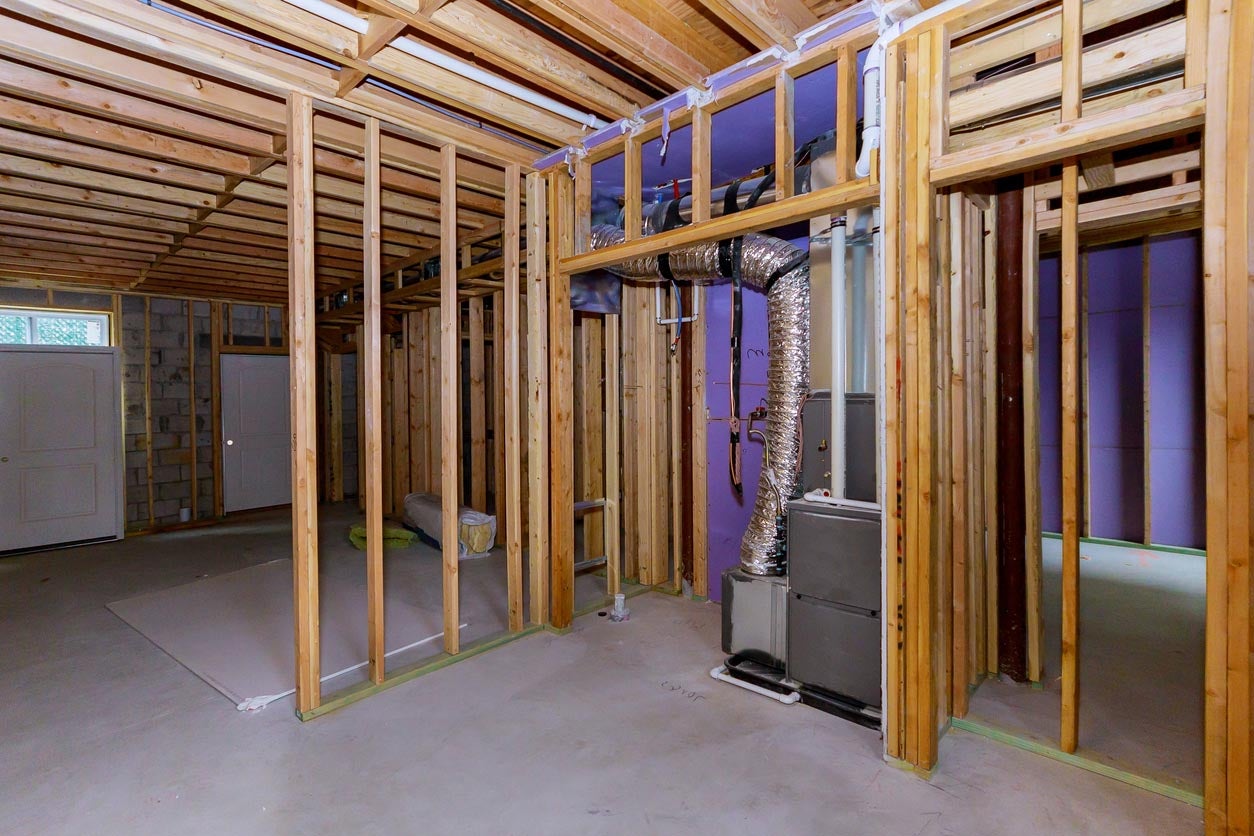
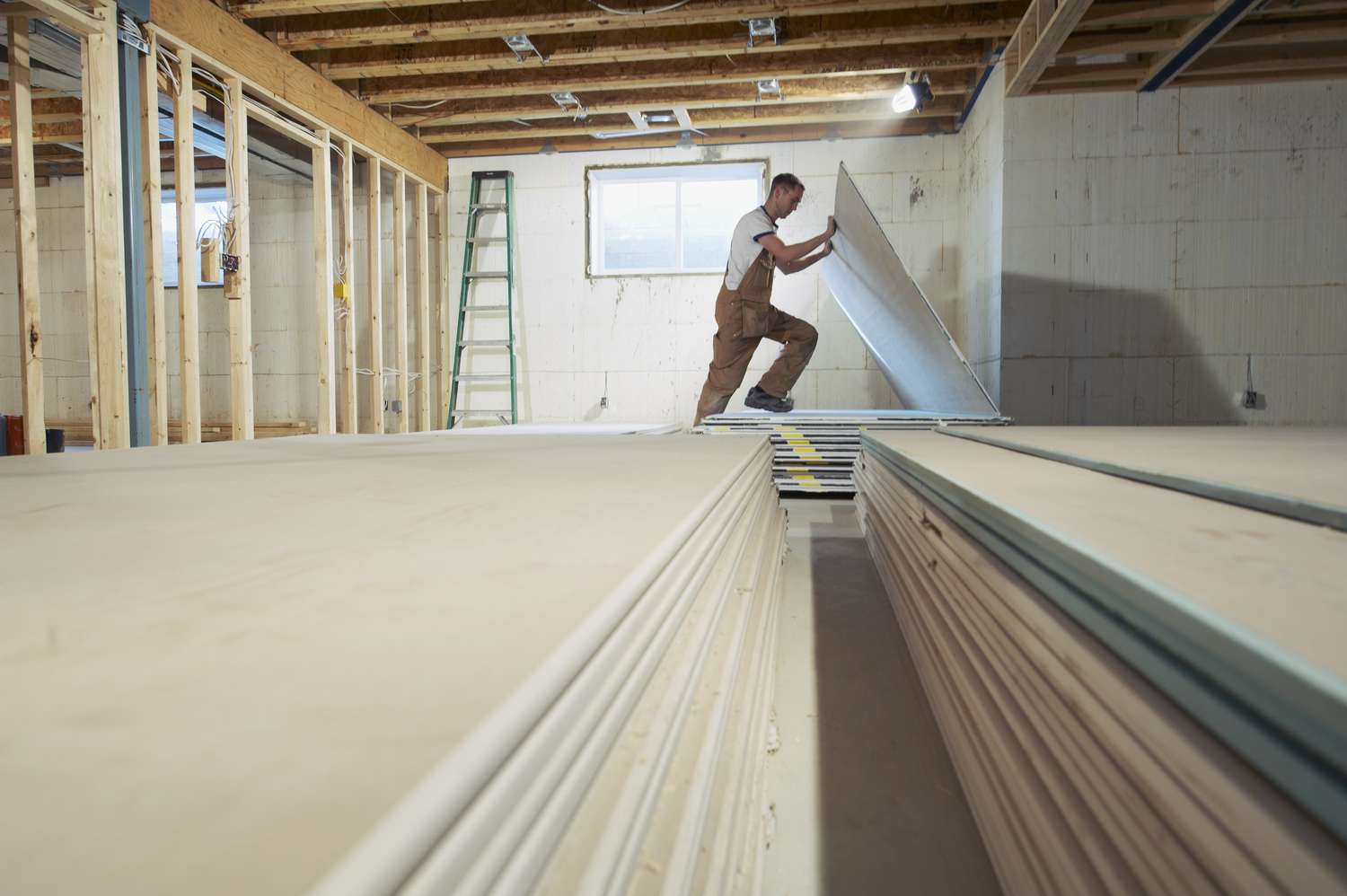
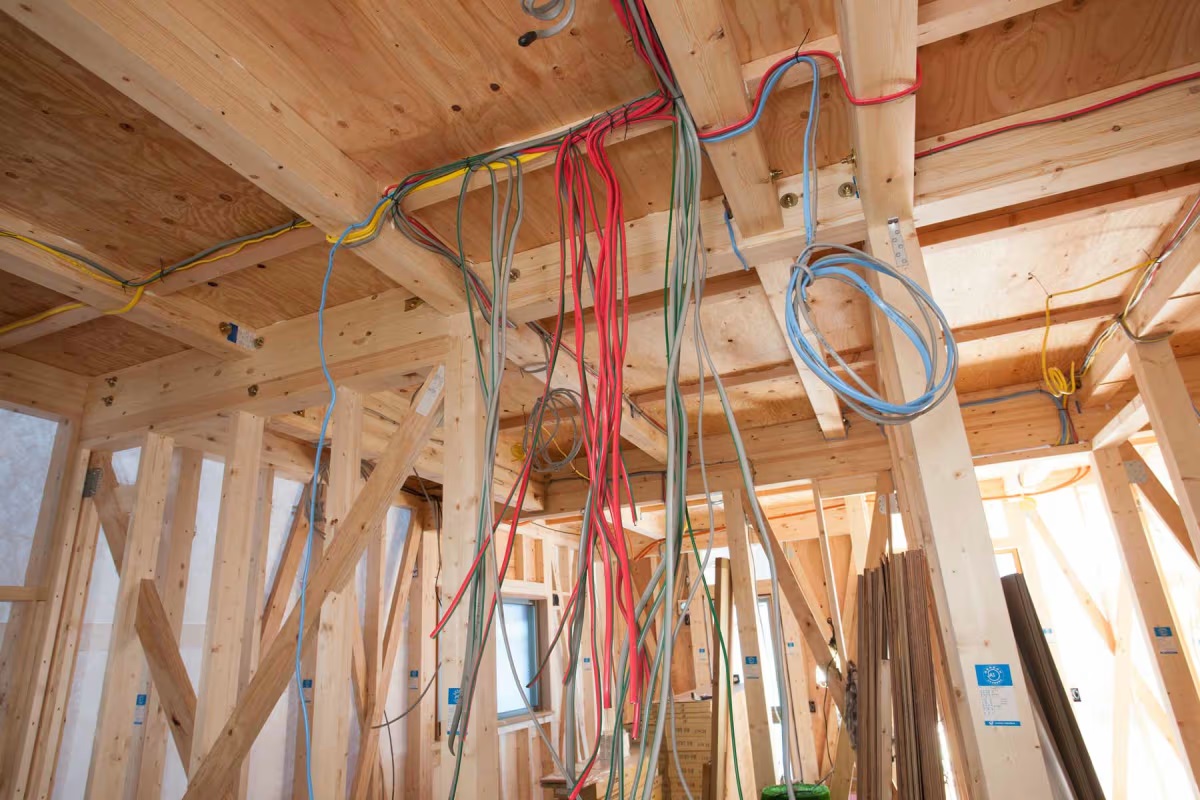

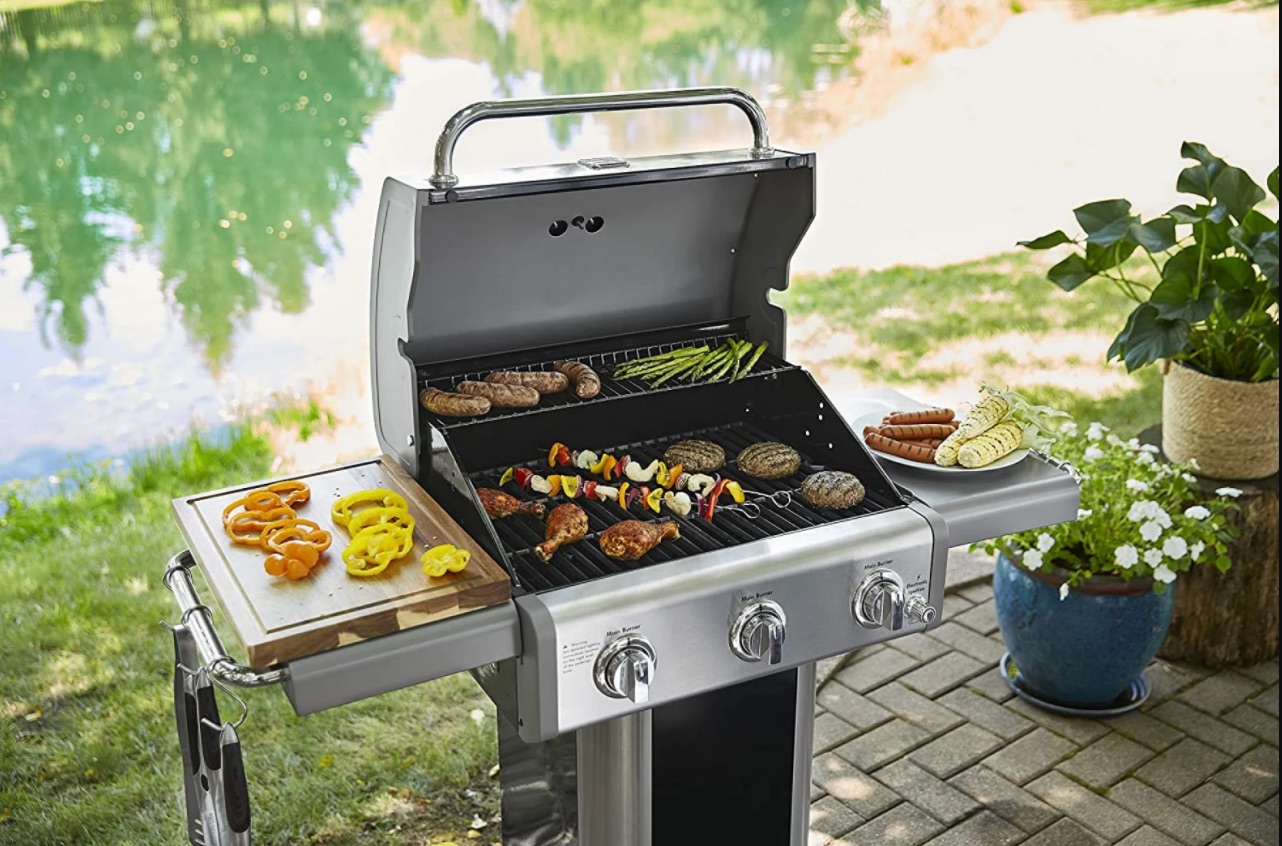
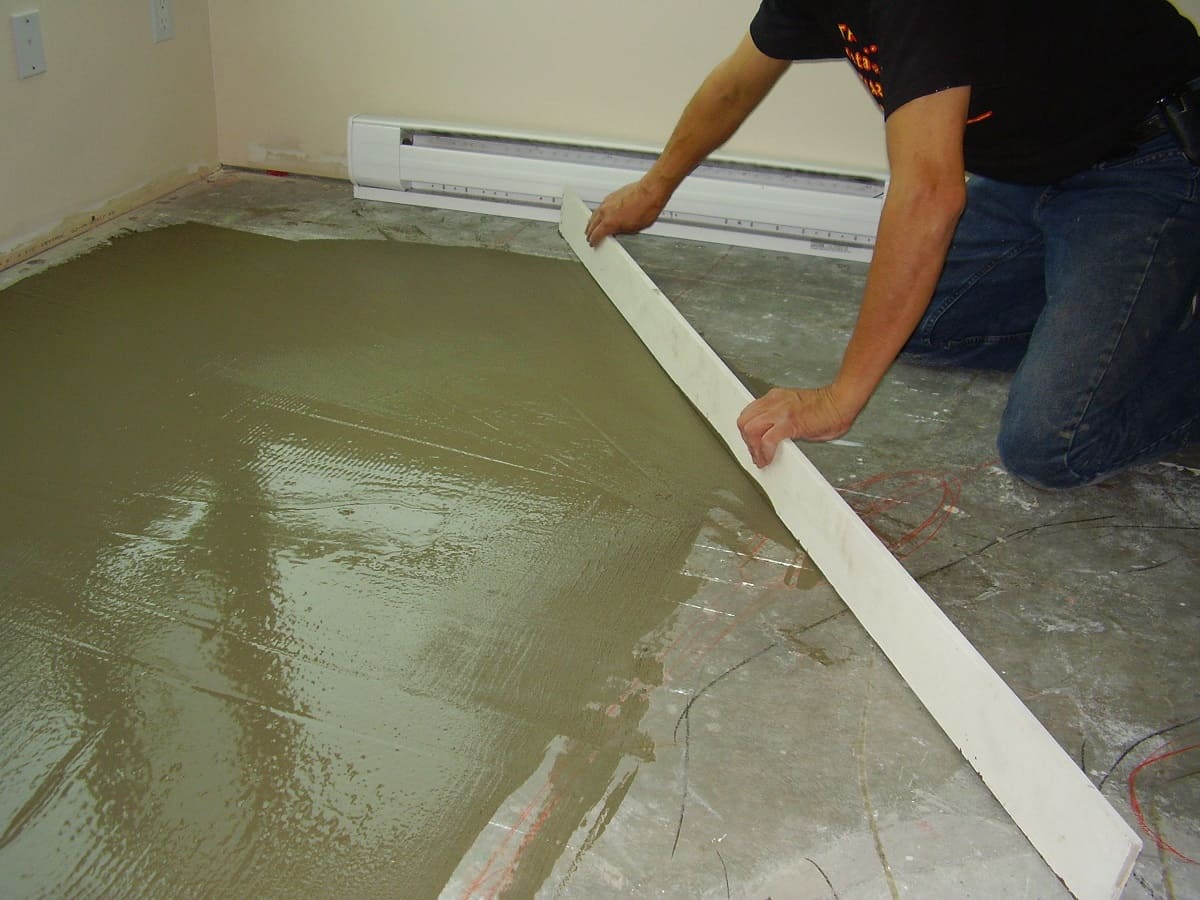

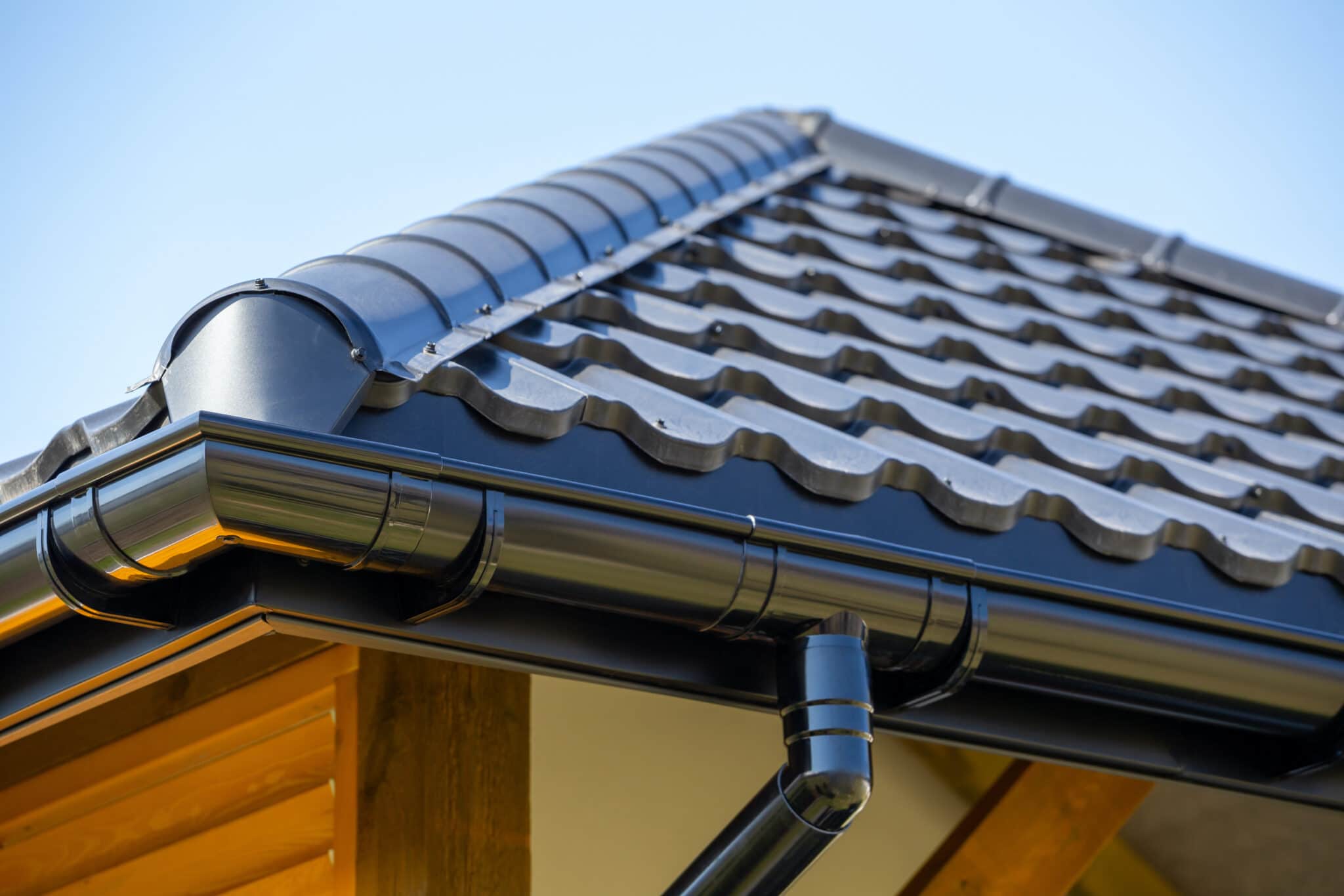
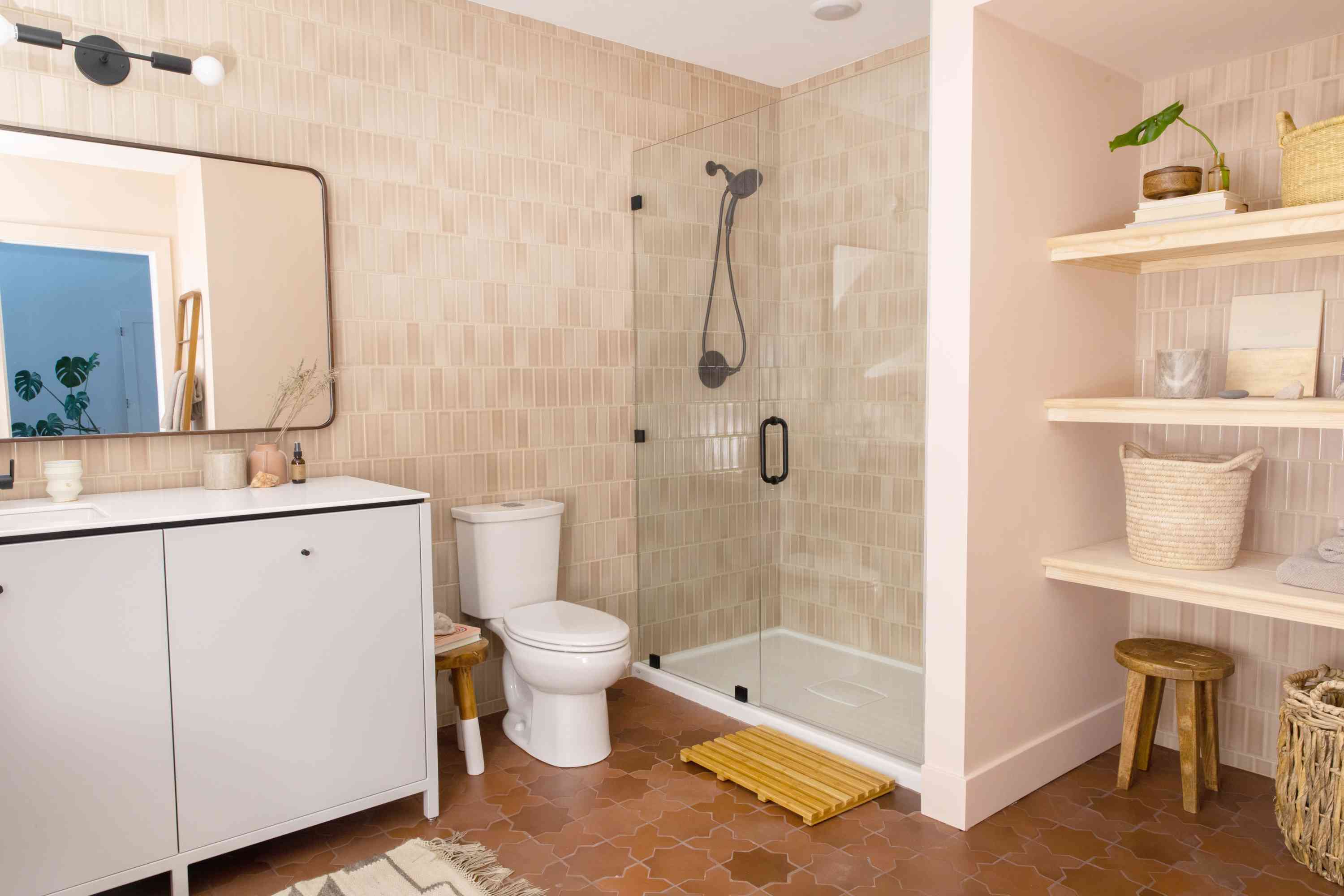


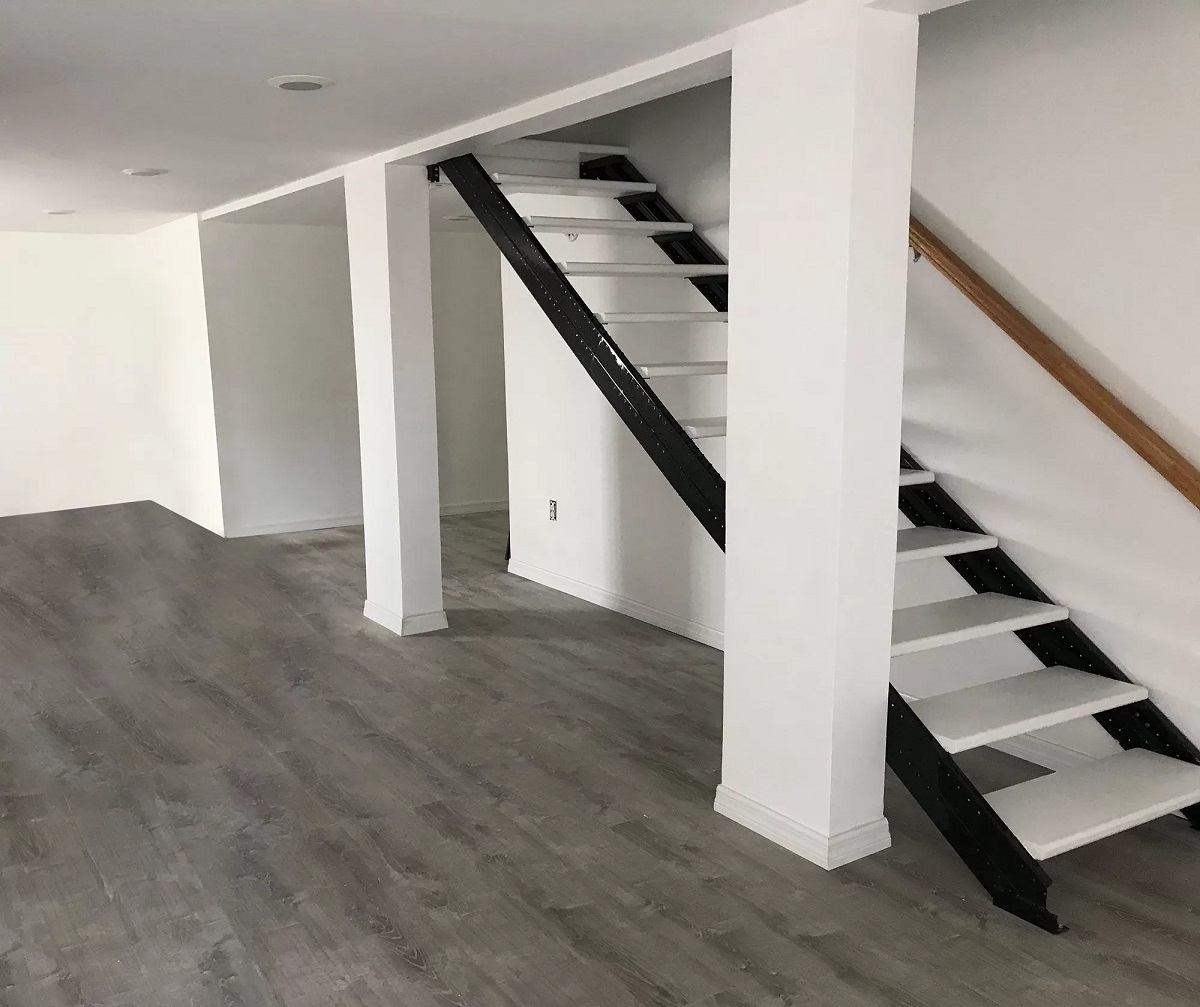

0 thoughts on “How Much Do Basement Windows Cost”